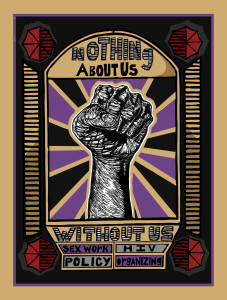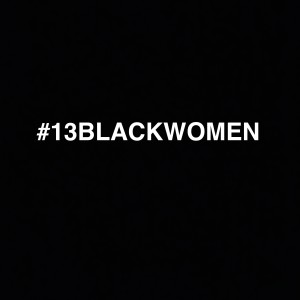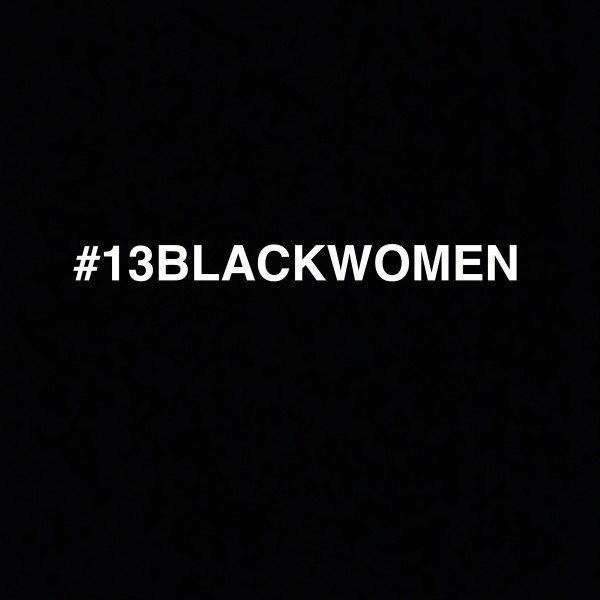Contact:
Jacqueline Robarge, Power Inside | jrobarge at powerinside.org (410) 889-8333
Darby Hickey, Best Practices Policy Project | darbyhickey at gmail.com (202) 250-4869
Katherine M Koster, SWOP-USA | katherine at swopusa.org (877) 776-2004
DOJ Report on Baltimore Police Shows Harms of Criminalization of Commercial Sex
Statement from Power Inside, Best Practices Policy Project, and Sex Worker Outreach Project-National (SWOP-USA)The August 10th U.S. Department of Justice (DOJ) investigative findings on the Baltimore Police Department (BPD) reveals police abuse and misconduct that sex workers have documented for years. According to the DOJ findings, BPD officers “fail to meaningfully investigate reports of sexual assault, particularly for assaults involving women with additional vulnerabilities, such as those who are involved in the sex trade.” In addition to ignoring sexual assault reports, the DOJ reports, officers themselves targeted, raped, and sexually assaulted sex workers, noting that such conduct “is not only criminal, it is an abuse of power.”
The DOJ details the BPD’s sweeping racial bias and unconstitutional practices that include racial profiling, degrading strip searches, excessive force, abusive language, and erroneous arrests. According to the report, African American sex workers and lesbian, gay, bisexual, and transgender (LGBT) people are particularly impacted by biased policing and are repeatedly targeted for stops without cause. The DOJ noted that, “BPD’s application of city ordinances banning loitering, trespassing, and failing to obey an officer’s order violates the Fourteenth Amendment.” Once stopped, sex workers of color or those perceived as sex workers are treated with a magnified level of disrespect and abuse.
Unfortunately, this mistreatment is not unique to Baltimore. In 2014 at the United Nations review of the U.S. human rights record, sex worker groups presented documentation of widespread human rights abuses in the U.S. against sex workers and those profiled as engaging in commercial sex, including documentation from Baltimore. The documentation presented in 2014 was a follow-up to a 2010 U.S. human rights record review in 2010, when the U.S. Government agreed to address discrimination against sex workers
Despite this longstanding documentation of police abuse of individuals engaged in the sex trade, particularly African American cisgender and transgender women, the U.S. government has taken no steps to address these pervasive human rights violations. Just as the DOJ documented in Baltimore, throughout the country police officers assault and rape sex workers, ignore sexual assault claims brought by people involved in sex work and deliberately fail to investigate these abuses. Police officers also profile people, particularly transgender and cisgender women, as sex workers, stopping and arresting them on scant evidence. This profiling comes as part of the broader racial and gender profiling of African Americans and other people of color documented extensively by DOJ across the country.
These human rights violations are a direct result of criminalization of marginalized communities in general and the criminalization of sex work more specifically. To address them, states and municipalities should work against criminalization in general and towards the decriminalization of drug use and sex work. The federal government should issue guidance on racial and gender profiling, make state and local funding contingent on an end to such practices, and promote policies and practices which stop human rights abuses against people of color, transgender people, sex workers and those profiled as involved in commercial sex.
The crafting of the Baltimore’s DOJ consent decree, and those in other DOJ investigations, must meaningfully include sex workers, LGBT people, and marginalized survivors of violence that have been most impacted by neglectful and unconstitutional practices. Real reform must include robust reforms that are specific to marginalized communities.
Read the U.S. Department of Justice report:
https://assets.documentcloud.org/documents/3009376/BPD-Findings-Report-FINAL.pdf
Listen to women in Baltimore describe interactions with the police:
https://soundcloud.com/powerinside/nobody_deserves
https://soundcloud.com/powerinside/favor
https://soundcloud.com/powerinside/cultureofviolence
Read reports submitted to the United Nations regarding human rights abuses of sex
workers by police:
2010 report to the Universal Periodic Review
2014 report to the Universal Periodic Review
For more recent documentation of police misconduct against sex workers, see:
https://docs.google.com/document/d/1ecyJz8t1f2aVVNLORhbDophNUDrxcEjo4
wbGFvCyLVM/edit?usp=sharing


 Daniel Holtzclaw. This monster is on trial and being judged by a jury of his peers, a jury of 8 white men and 4 white women. His attorney has described him as an “
Daniel Holtzclaw. This monster is on trial and being judged by a jury of his peers, a jury of 8 white men and 4 white women. His attorney has described him as an “